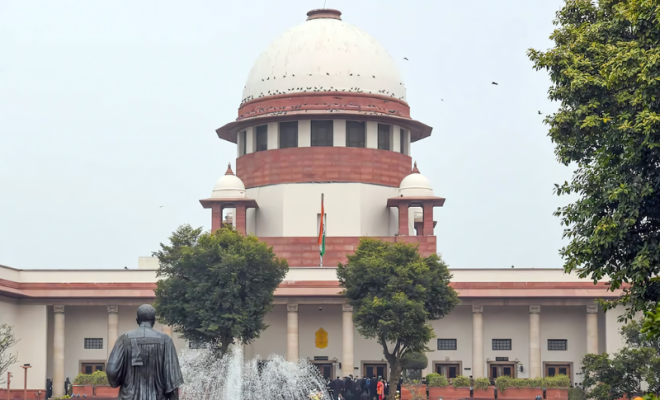No Evidence, No Conviction: Supreme Court Clears Accused in Drug Trafficking Case

The Supreme Court recently acquitted a man in a drug trafficking case. The court said that there was no legal evidence to prove that the man had supplied drugs. The case was about the involvement of an attempt by another accused to transport drugs through railway parcels.
A bench comprising Justices Abhay S. Oka and Augustine George Masih noted that both the Trial Court and the High Court had relied on a statement given by the appellant, Ajay Kumar Gupta, under Section 67 of the NDPS Act. However, this statement was deemed inadmissible as evidence, following the Supreme Court’s ruling in *Tofan Singh v. State of Tamil Nadu (2021)*.
The court emphasized that there was no recovery of incriminating material from the appellant and no evidence linking him to the delivery of the contraband or any conspiracy. As a result, the Narcotics Control Bureau (NCB) failed to establish the offences punishable under Sections 22(c) and 29 of the NDPS Act against the appellant beyond a reasonable doubt.
The High Court had previously mentioned the necessity of recording the transporter’s statement to prove that the contraband was delivered to the appellant’s shop. However, the prosecution did not present this crucial witness, leading the court to draw an adverse inference against the prosecution.
The court also noted that the consignment in question was booked by another accused, who was found transporting the psychotropic substance, but there was no evidence implicating the appellant in supplying the contraband or being part of a criminal conspiracy.
As a result, the Supreme Court quashed the conviction of the Appellant, which was earlier upheld by the High Court. The case was of December 2013 NCB operation where 30 cartons of Pentazocine were seized by the police. Further, it led to the prosecution of several accused and Ajay Kumar Gupta is one of them.



